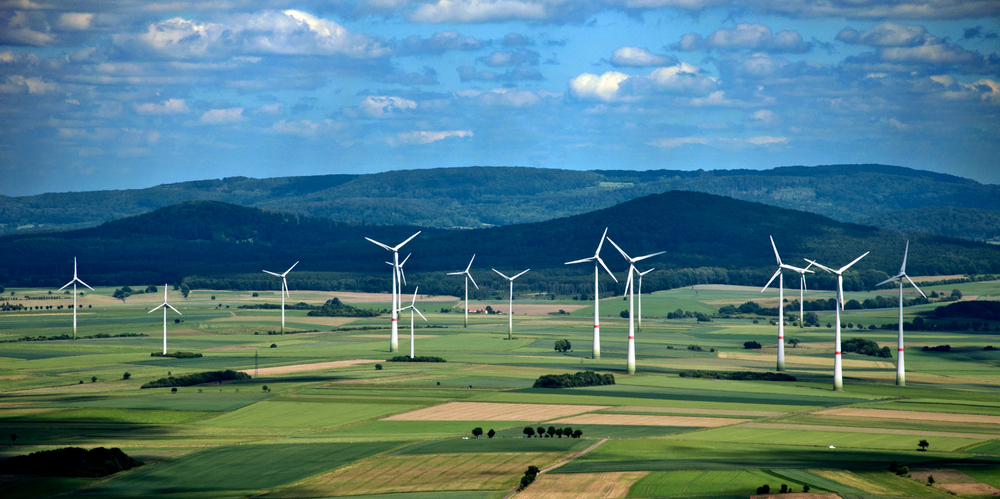Comment: Last week’s debacle centred on the UK no longer being able to sign up to a wind energy supply contract should not deter Irish farmers and landowners from further exploring the potential of alternative energy production.
Whether it is in the form of wind power, short rotation coppice or slurry digestion, we have known for years that the technology exists to make a difference when it comes to increasing the amount of green energy produced locally. In reality it is now time for government to encourage the private sector to get on with the job of converting this significant potential into a profitable reality for farmers and landowners.
Given the recent developments within the beef industry, farmers know only too well that they are a hostage to fortune when it comes to the price they receive for their produce. Markets rise and fall. It is therefore incumbent on farmers to actively seek out additional and alternative income streams for their businesses.
Consider the facts: energy will always be in demand with that produced from renewable sources always likely to receive a premium return. Sceptics may point out that the argument with regard to need also holds when it comes to food, yet the EU’s farming sector is currently being held to ransom by cheap imports. The key difference when it comes to energy production is that of transport costs. It will always make economic sense to select a source on one’s own doorstep rather than having to pay through the nose for imported oil and gas, the long term availability of which cannot be guaranteed.
So almost all the pieces are now in place to makeIreland a true centre of excellence for alternative energy technologies. All that’s missing is the all-important impetus that’s required from government.
Take the Gussing region of Austria as a case in point. During the years of the cold war this part of Austria was an economic wasteland, mainly because of its proximity to Hungary. However, once the Berlin Wall came down the powers-that-be in Vienna decided to make Gussing the bioenergy capital of Austria. And it is an approach that has transformed the region. Gussing was the first community in the European Union to produce its whole energy demand – electricity, heating/cooling, fuels – out of renewable resources, using resources from within the region. It now boosts full employment and has managed to persuade the EU to establish its ‘Alternative Energy Research Centre’ on its back doorstep.
But it took government intervention to make all of this happen. Perhaps the ‘powers-that-be’ could learn a lesson or two from their Austrian counterparts.
